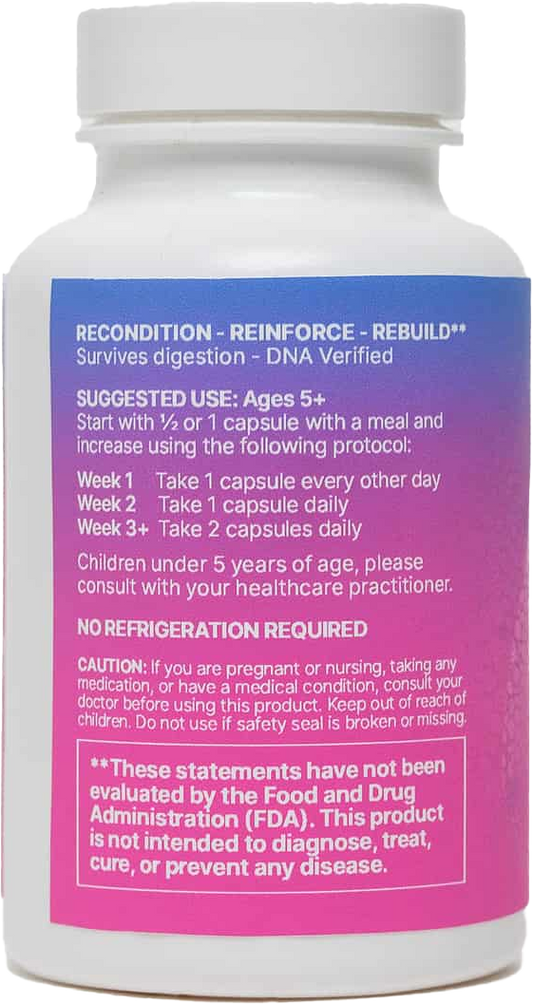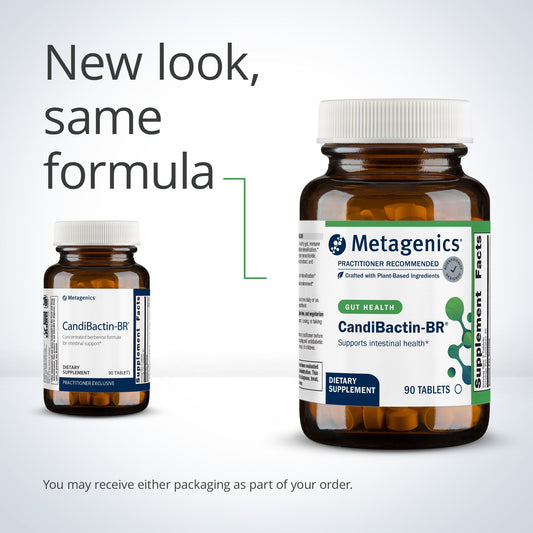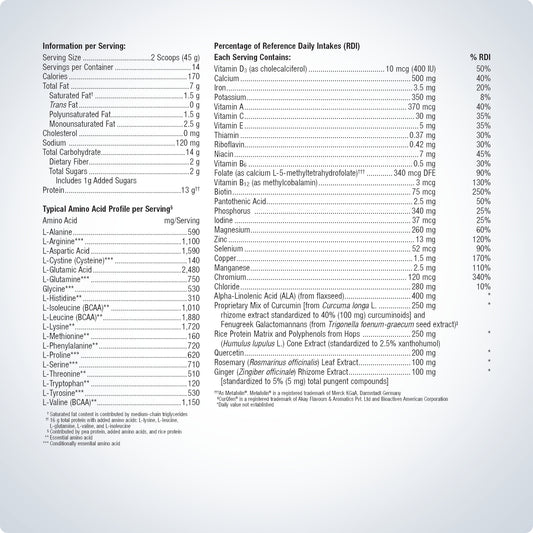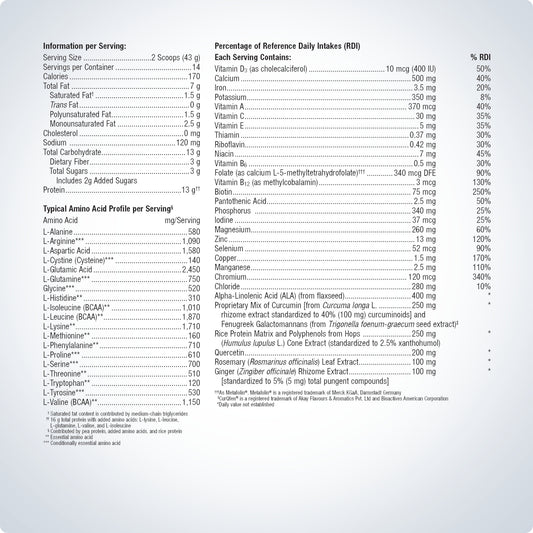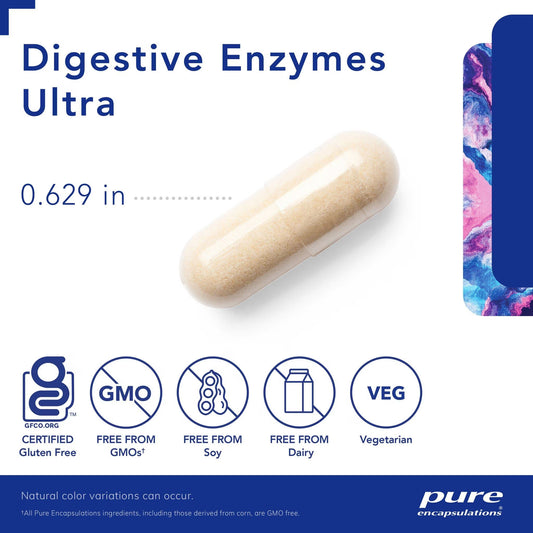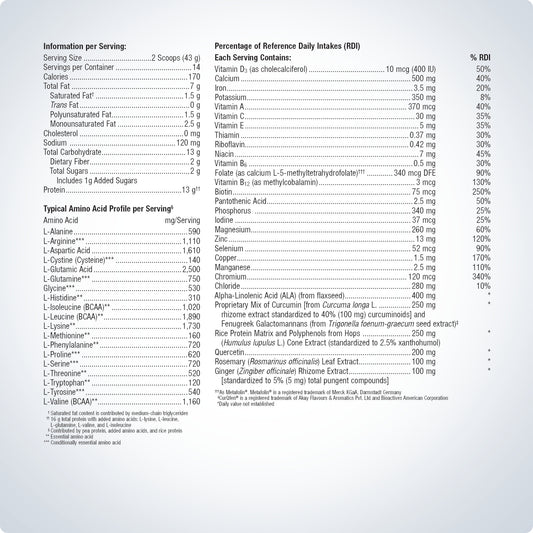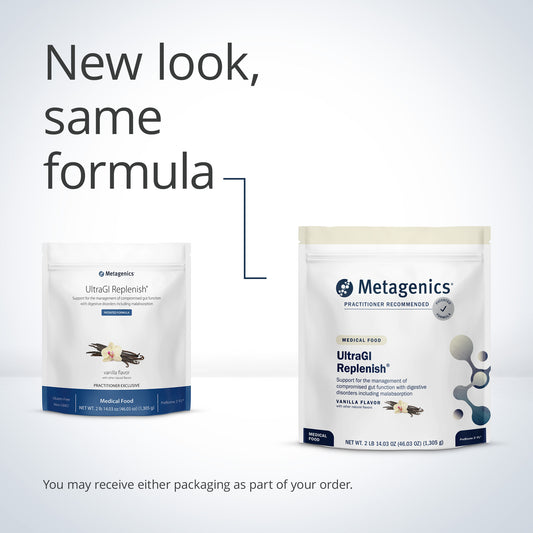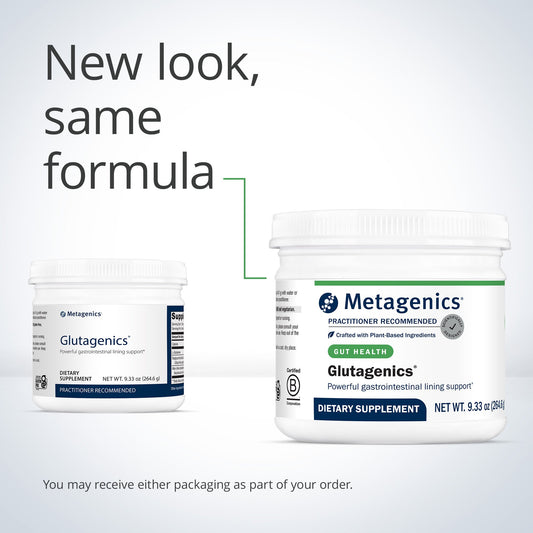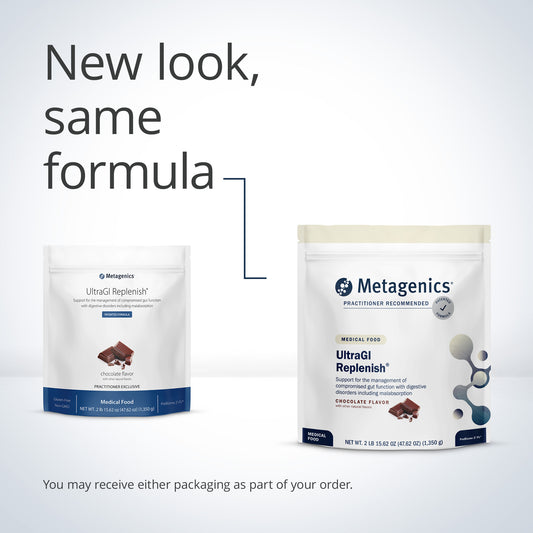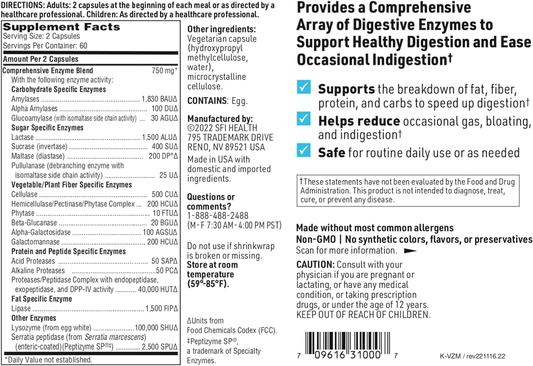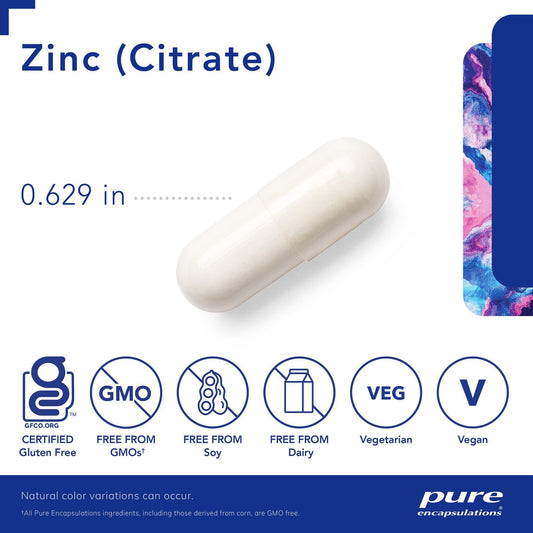Feeling Bloated and Anxious? Discover the Connection to Leaky Gut, SIBO, and SIFO.

Do you ever feel like you're lugging around a "food baby"? No matter what you eat, you’re constantly bloated. And sometimes your stomach hurts too.
Beyond that, you experience brain fog. You can’t concentrate. You're anxious, irritable and perpetually exhausted.
And now, mysterious skin issues? Random itchy spots appearing on your body, rashes, or even anal itching?
This cluster of symptoms is more than just embarrassing or annoying. It could signal underlying gut issues like Leaky Gut Syndrome, SIBO (Small Intestinal Bacterial Overgrowth), or SIFO (Small Intestinal Fungal Overgrowth).
So today, I want to walk you through these conditions—what they are, their symptoms, causes, and practical steps to reclaim your health.
The Thin Red Line
Our entire intestinal tract is a single layer of cells that sit very close to one another. So that means there’s just a one-cell-thick barrier between you and the contents of your gut. On the one side, there’s food in various stages of digestion (and yes, that includes poop), and on the other, is your bloodstream, your immune system, and everything else.
And they must stay separate.
The food you eat should be properly broken down in your gut into its basic components—fatty acids, amino acids, simple sugars, vitamins, and minerals. Once these get absorbed by your intestinal cells and get “filtered” to the other side, your body can use them as building blocks for health.
Ensuring these nutrients are effectively absorbed is just as crucial as consuming them. You could be eating the most nutritious diet in the world, but if your gut isn't healthy enough to properly break down and absorb those nutrients, you're missing out on the vital ingredients your body needs to function optimally.
When Things Don’t go as Planned
If the gut barrier is compromised, the spaces between the cells in our digestive tract become loose, so that they no longer sit very close to one another. This can happen when the levels of a protein called zonulin increase due to factors like stress, poor diet, or infections.¹
As a result, harmful substances such as toxins, bacteria, and undigested food particles can sneak between the cells and enter the bloodstream.² Here are some examples of what can happen:
Leaky Gut Syndrome (also known as increased intestinal permeability)
Imagine your gut lining is like a really fine mesh strainer. Remember how it's supposed to let the good stuff through and keep the bad stuff out? But sometimes, in some people, that’s not what happens.
Instead, the strainer gets damaged and develops holes. Now all the stuff that shouldn't be getting into your bloodstream is sneaking in—food particles, bacteria, viruses, and toxins, you name it—can now access areas of the body where they shouldn’t be.
So your body freaks out and starts an inflammatory party that nobody wants to attend. And we all know that inflammation triggers a lot of different chronic disorders—food sensitivities, autoimmune issues, diabesity (diabetes and obesity), and a host of mood-related symptoms.³
SIBO (Small Intestinal Bacterial Overgrowth)
Your large intestine is kind of like a bustling city, teeming with bacteria that break down food into energy and nutrients. These bacterial buddies help us extract more from our meals, while discarding the leftovers. But sometimes, the fermentation process goes haywire due to factors like microbial imbalance (dysbiosis).
This can trigger a mix of gastrointestinal symptoms like gas, pain, diarrhea, and/or constipation, and even affect your mood, causing headaches, fatigue, irritability, sleep problems, and depression.
Getting rid of these pesky bacteria often requires a strategic approach involving diet changes, probiotics, and sometimes even antibiotics to restore order and balance to your gut.
It’s important to mention that the symptoms of SIBO often mimic those of irritable bowel syndrome (IBS). Recent studies have shown an increased rate of SIBO among IBS patients, and treating this bacterial overgrowth can significantly alleviate their symptoms.⁴
SIFO (Small Intestinal Fungal Overgrowth)
Most cases of SIFO involve an overgrowth of Candida species (a type of yeast). While Candida is normal in small amounts in the mouth, skin, and intestines, problems arise when it multiplies excessively.
And similarly to SIBO, this fungal overgrowth also thrives in the small intestine, fermenting food and producing byproducts that lead to bloating, gas, and discomfort.
SIFO can disrupt the delicate balance of your gut microbiome, leading to nutrient deficiencies and a weakened immune system.
Tackling SIFO often requires a combination of antifungal treatments, dietary adjustments, and probiotics to kick out the unwelcome guests and restore harmony in your gut.
How do you Know If you Have Leaky Gut, SIBO, or SIFO?
Symptoms arise because the overgrowth of bacteria or fungi can lead to malabsorption and maldigestion of nutrients, affecting various bodily functions.
So if you frequently experience any of these gut-related symptoms (you may or may not be experiencing non-gut-related issues at the same time)—especially if it's more than one daily—you could be dealing with leaky gut, SIBO, and/or SIFO:
Gut-Related Symptoms:
- Bloating
- Gas
- Abdominal pain or discomfort
- Diarrhea or constipation
- Nausea
Common Non-Gut-Related Symptoms:
- Anxiety
- Brain fog
- Depression
- Irritability
- Fatigue
- Migraines
- Joint pain
- Sugar/carbohydrate cravings
- Skin issues (e.g., rashes, acne, anal itching)
- Eczema
- Psoriasis
- Chronic vaginal yeast infections or jock itch
- Oral thrush (a white coating on the tongue)
- Toenail fungus
- Nutrient deficiencies (e.g., vitamin B12, iron)
And if these gut symptoms sound familiar (with or without non-gut symptoms), it’s time to take a closer look at your health.
Diagnosis
Testing for SIBO can be done through a non-invasive breath test, which measures hydrogen or methane gas levels.⁵ Stool testing or organic acid testing is useful for ruling out or confirming SIFO. Another method for diagnosing both SIBO and SIFO involves collecting a fluid sample from the small intestine during an upper endoscopy to check for abnormal fungi and bacteria.⁶
For diagnosing leaky gut, I recommend a comprehensive stool test to assess overall gut health and identify issues like parasites or bacterial imbalances. Evaluating intestinal permeability and immune reactions to food proteins and environmental triggers can also provide valuable insights. An elimination diet can help pinpoint food sensitivities.
Remember, while these tests can guide you, it’s essential to uncover the root cause of these conditions for effective treatment.
What Causes Leaky Gut, SIBO, and SIFO?
Several factors can contribute to the development of these conditions:
- Poor diet: High sugar, refined carbohydrates, high fructose corn syrup, alcohol and many other processed foods can all feed harmful bacteria and fungi, leading to overgrowth and inflammation of the intestinal lining.
- Stress: Chronic stress can weaken the immune system and disrupt gut motility, creating an environment conducive to bacterial and fungal overgrowth.
- Medications: Prolonged use of antibiotics, proton pump inhibitors (PPIs, also called antacids), NSAIDs (non-steroidal anti-inflammatory drugs like ibuprofen) and immunosuppressants can disrupt the balance of gut flora.
- Chronic Diseases: Conditions like diabetes, Crohn's disease, and celiac disease can increase the risk of these disorders.
- Impaired Gut Motility: Slow movement of food through the digestive tract can create an environment conducive to overgrowth. If you're not pooping at least once a day, it can cause a buildup of bacteria, leading to overgrowth and digestive issues.
- Structural Abnormalities: Conditions like diverticulosis or surgical alterations of the gut can create pockets where bacteria or fungi can thrive.
Dietary Interventions You Can Try Right Now
Making a few simple dietary changes can significantly improve or even completely resolve these conditions. Switching to an anti-inflammatory, nutrient-dense, fiber-rich diet like the Mediterranean or Pegan diets can be very effective.
However, some people might need a more strategic approach to identify and eliminate specific problematic foods. Here are some dietary interventions that can help:
Low FODMAP Diet: The acronym stands for fermentable oligosaccharides, disaccharides, monosaccharides, and polyols, referring to different types of carbs that aren't fully absorbed in the small intestine (and give off gas). This diet reduces the intake of fermentable carbohydrates that can fuel bacterial overgrowth in SIBO.
To view a comprehensive list of foods to eat or avoid, visit the Monash University guide, generally considered to be the gold standard for the FODMAP diet.
I often recommend a complete FODMAP elimination for 30 days. You can tackle this all at once, but be warned – your ingredient list might shrink down to a rather boring menu.
After this 30-day period, I usually advise reintroducing one FODMAP category at a time. This way, you can pinpoint exactly which types of FODMAPs are causing you trouble. For example, if you discover that fructans wreak havoc on your system, you can then cautiously test foods with excess fructose and so on.
The good news? You don't have to banish FODMAPs from your diet forever, unlike with gluten or casein intolerances.
Elimination Diet: Foods that can trigger gut inflammation (gluten, casein, and processed foods) are removed from your diet. This means you don’t eat one or more suspected problem foods for several weeks and keep a food journal to record what you eat and how it affects you. Then, as you gradually reintroduce those foods, you note any changes in how you feel.
It is possible that some foods may need to be permanently excluded from your diet, especially if you’ve had recurring bouts of leaky gut, SIBO, or SIFO. By eliminating some problematic foods for good, you can reduce inflammation, prevent the overgrowth of harmful bacteria or fungi, and support the healing of your gut lining.
Treatments for Leaky Gut, SIBO, and SIFO
In addition to dietary changes, several other interventions can be effective. It’s important to work closely with a healthcare provider who has experience treating these conditions in order to find the most effective treatment strategy for your specific needs:
- Antibiotics: Rifaximin is commonly used to treat SIBO. For SIFO, antifungal medications like fluconazole or nystatin may be prescribed.
- Biofilm Disruptors: Ask your doctor if adding biofilm disruptors to your treatment regimen may help enhance the effectiveness of antibiotics. These can include antioxidants (like N-acetylcysteine (NAC)), enzymes (like serrapeptase), essential oils, herbal extracts, and others.
- Prokinetics: These medications are commonly prescribed to help improve gut motility, reducing the risk of bacterial and fungal overgrowth.
- Herbal Antimicrobials: Some natural remedies, such as oregano oil, berberine, and garlic, have antimicrobial properties and can help manage SIBO and SIFO.
- Probiotics: Certain strains (like Akkermansia) may help restore the lining of the gut and rebalance the intestinal flora.⁷
- Gut-Healing Supplements: L-glutamine, zinc carnosine, curcumin, and collagen (you can also try bone broth) can help repair the gut lining and reduce permeability.
Relapse Rates
After the initial treatment, relapse rates can be high if the root cause of what caused the condition in the first place, is not fully resolved. and the gut environment remains susceptible to bacterial overgrowth.
This means that ongoing management, dietary adjustments, and sometimes repeated treatments may be necessary to keep leaky gut, SIBO, and/or SIFO in check.
If you continue to experience persistent bouts, I suggest seeing a functional medicine physician because you may need a more targeted treatment protocol which includes a blend of antibiotics and herbal antimicrobials. You can contact my team at the UltraWellness Center, or find a Functional Medicine practitioner near you.
References
-
Fasano A. All disease begins in the (leaky) gut: role of zonulin-mediated gut permeability in the pathogenesis of some chronic inflammatory diseases. F1000Res. 2020 Jan 31;9:F1000 Faculty Rev-69. doi: 10.12688/f1000research.20510.1. PMID: 32051759; PMCID: PMC6996528.
-
Usuda H, Okamoto T, Wada K. Leaky Gut: Effect of Dietary Fiber and Fats on Microbiome and Intestinal Barrier. Int J Mol Sci. 2021 Jul 16;22(14):7613. doi: 10.3390/ijms22147613. PMID: 34299233; PMCID: PMC8305009.
-
Obrenovich MEM. Leaky Gut, Leaky Brain? Microorganisms. 2018 Oct 18;6(4):107. doi: 10.3390/microorganisms6040107. PMID: 30340384; PMCID: PMC6313445.
-
Roszkowska P, Klimczak E, Ostrycharz E, Rączka A, Wojciechowska-Koszko I, Dybus A, Cheng YH, Yu YH, Mazgaj S, Hukowska-Szematowicz B. Small Intestinal Bacterial Overgrowth (SIBO) and Twelve Groups of Related Diseases-Current State of Knowledge. Biomedicines. 2024 May 7;12(5):1030. doi: 10.3390/biomedicines12051030. PMID: 38790992; PMCID: PMC11117733.
-
Pimentel M, Saad RJ, Long MD, Rao SSC. ACG Clinical Guideline: Small Intestinal Bacterial Overgrowth. Am J Gastroenterol. 2020 Feb;115(2):165-178. doi: 10.14309/ajg.0000000000000501. PMID: 32023228.
-
Karunaratne TB, Sharma A, Rao SSC. Small-bowel aspiration during upper esophagogastroduodenoscopy: Rao technique. VideoGIE. 2020 Dec 19;6(4):152-154. doi: 10.1016/j.vgie.2020.11.008. PMID: 33898888; PMCID: PMC8058106.
- Kalia VC, Gong C, Shanmugam R, Lin H, Zhang L, Lee JK. The Emerging Biotherapeutic Agent: Akkermansia. Indian J Microbiol. 2022 Mar;62(1):1-10. doi: 10.1007/s12088-021-00993-9. Epub 2021 Dec 16. PMID: 34931096; PMCID: PMC8674859.
Related Longevity Articles
Gut Health Support
The gastrointestinal system, or digestive system, is responsible for processing food and absorbing nutrients, involving organs such as the stomach, intestines, liver, and pancreas. It plays a crucial role in breaking down food, extracting nutrients, and eliminating waste to maintain overall digestive health.
-
MegaSporebiotic
Regular price $64.95 / 60 CapsulesRegular priceUnit price / per -
CandiBactin-AR
Regular price $51.75 / 60 Softgel CapsulesRegular priceUnit price / per -
CandiBactin-BR
Regular price $51.75 / 90 TabletsRegular priceUnit price / per -
UltraInflamX PLUS 360 (Pineapple-Banana)
Regular price $83.50 / 14 ServingsRegular priceUnit price / per -
UltraInflamX PLUS 360 (Original Spice)
Regular price $83.50 / 14 ServingsRegular priceUnit price / per -
Digestive Enzymes Ultra 180 ct.
Regular price $64.00 / 180 CapsulesRegular priceUnit price / per -
UltraInflamX PLUS 360 (Mango)
Regular price $83.50 / 14 ServingsRegular priceUnit price / per -
UltraGI Replenish® Gut Support Vanilla
Regular price $119.00 / 2lb PowderRegular priceUnit price / per -
Vitamin D Supreme
Regular price $38.49 / 60Regular priceUnit price / per -
Glutagenics
Regular price $77.50 / 60 ServingsRegular priceUnit price / per -
UltraGI Replenish® Gut Support Chocolate
Regular price $119.00 / 2lb PowderRegular priceUnit price / per -
Ther-biotic Vital-Zymes Complete
Regular price $43.99 / 120 CapsulesRegular priceUnit price / per -
Zinc citrate 60 ct.
Regular price $12.20 / 60 CapsulesRegular priceUnit price / per
Login
- Choosing a selection results in a full page refresh.
- Opens in a new window.









